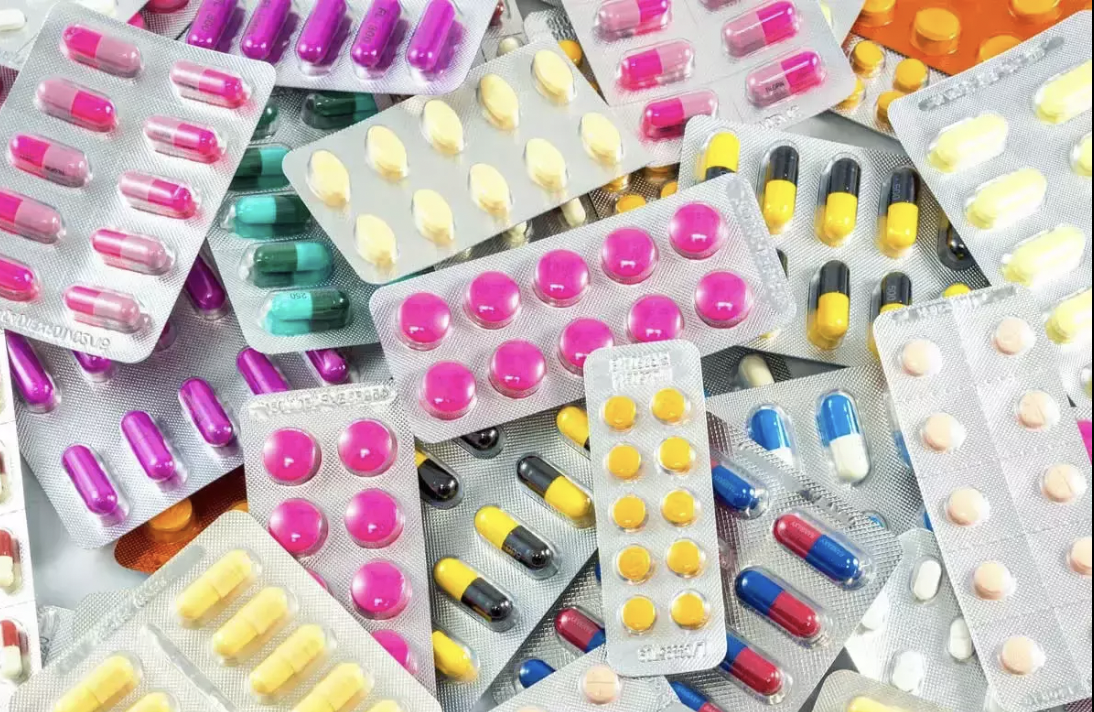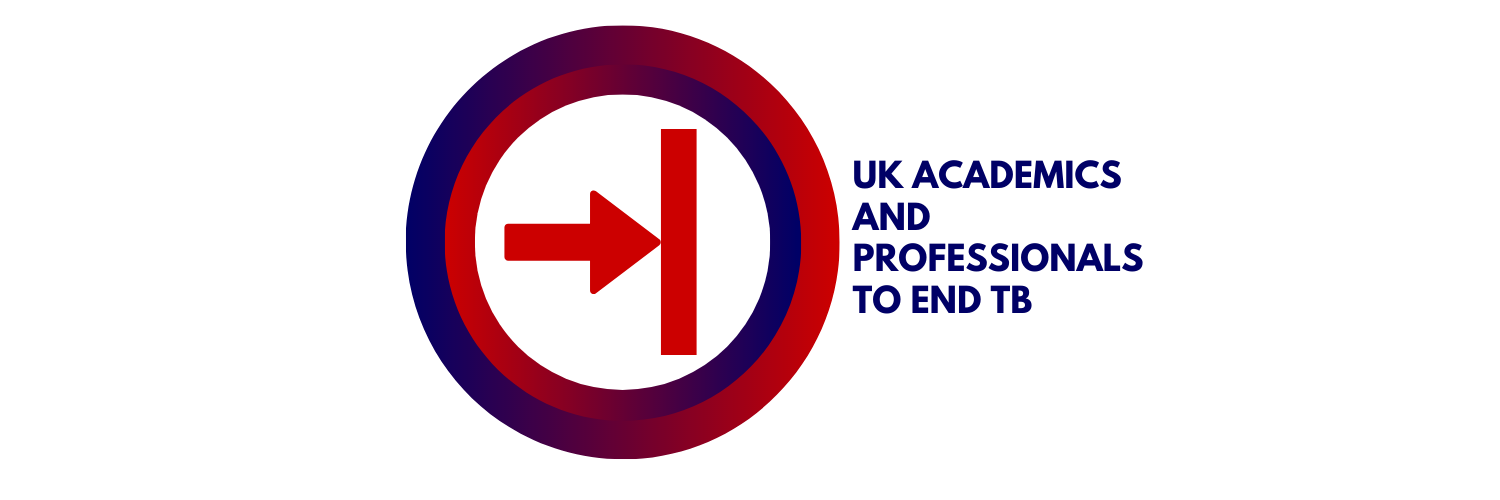
TB Drug Shortages in the UK
Letter to the Co-Chairs of the APPG for Global Tuberculosis:
Hon. Virendra Sharma MP & Lord Nick Herbert
Hon. Virendra Sharma MP & Lord Nick Herbert, Co-Chairs of the APPG for Global Tuberculosis, House of Commons, Parliament, SW1A 0AA
23rd January 2023
RE: TB Drug Shortages in the UK
Dear Virendra and Lord Herbert,
We write to you today on behalf of the UK’s Joint Tuberculosis Committee (JTC) hosted by the British Thoracic Society to highlight four TB drug issues we believe the APPG should be aware of:
Ongoing national TB drug supply issues
The lack of access to the TB drug Rifapentine in the UK
The lack of access to the TB drug Pretomanid in the UK
Reducing the price of Bedaquiline
Ongoing TB Drug Supply Issues
We have significant concerns regarding ongoing and recurring national tuberculosis drug supply issues, their impact on vulnerable groups of patients, as well as the potential wider public health implications. We wish to highlight the insecure supply chain for anti-tuberculosis therapies, particularly where this affects fixed dose combination (FDC) drugs.
The unstable TB drug supply has repeatedly adversely impacted patient care. We have documented this for over 10 years in conjunction with the DHSC and Commercial Medicines Unit, whilst frontline clinicians and their colleagues involved in stock management and procurement have been working tirelessly to mitigate the effects of these shortages. The situation continues to deteriorate, with more NHS Trusts running out of vital TB drugs unexpectedly due to not being forewarned of impending shortages. This has led to patients being treated sub-optimally. We believe that higher-level intervention is now required to enable NHS services to provide safe and appropriate care for their patients.
People who have TB require lengthy treatment – usually for a period of 6 to 12 months– involving a regimen of four different antimicrobial drugs. FDCs are a key preparation to minimise tablet burdens. Furthermore, patients with latent TB infection require treatment to prevent TB. Latent TB infections are usually treated with 2 antimicrobial drugs for 3 months, or
three tablets of isoniazid every day for 6 months. Similar to active TB, FDCs allow a reduction in tablet burden to simplify treatment regimens and improve adherence.
There are many antimicrobial stewardship concerns about the current regimen. For example, if patients are forced to take unfamiliar regimens, there is a greater risk of drug errors, and a reduction in the patient’s adherence to the planned treatment regimen. This, in turn, can lead to reduced chances of a successful treatment, poor TB control, onward transmission of infection to others and the development of drug resistance.
We, the JTC and UKAPTB, have previously advocated for:
An increase in the TB drug ‘buffer’ – the available stocks held in reserve in the UK – to an absolute minimum of eight weeks’ supply.
Greater collaboration alongside the Commercial Medicines Unit (CMU) to ensure that all appropriate TB drugs have contracts in place with the CMU.
Clearer lines of communication so that TB services receive an “early warning” of potential stock-outs. This will allow services to plan accordingly to keep their most vulnerable TB patients on the same medication formulations despite a national shortage.
Purchasing Isoniazid 300mg tablets rather than the current 100mg formulation – which would reduce the number of tablets needed for the single drug to 1 a day rather than 3 for the great majority of patients.
Greater access for other FDCs already available internationally in high incidence countries.
Rifapentine Access
In the last 10 years, new evidence has emerged to define Rifapentine, a synthetic derivative of Rifampicin with a long half-life, as a key component for treatment of active and latent infection with M. tuberculosis (LTBI).
Rifapentine is the core component of new LTBI regimens that are shorter and easier to complete. This allows effective options for LTBI treatment with a simpler, once weekly treatment within 3 months, and in one month in people living with HIV.
With respect to active TB, a recent phase III multicentred, randomised, controlled clinical trial has shown a 4-month regimen, including daily rifapentine and moxifloxacin, to be equivalent to the current 6 month treatment for rifampicin-susceptible TB. This represents the first successful regimen allowing the shortening of tuberculosis treatment below 6 months. The World Health Organization (WHO) has already endorsed this regimen as a possible alternative to the current 6-month standard regimen for rifampicin-susceptible tuberculosis.
This drug therefore allows for a simplification and shortening of standard TB regimens. We believe this regimen should also be available to UK patients with TB. However, access to Rifapentine is already of long-standing concern. Rifapentine is available via the Global Drug Facility in a number of low- and middle-income countries, excluding the WHO Europe region, apart from a few exceptions (Republic of Moldova, Uzbekistan, Ukraine and the Russian Federation). The French manufacturer Sanofi has not yet filed Rifapentine for registration with the European Medicines Agency (EMA) or MHRA; disadvantaging UK patients.
Pretomanid Access
Pretomanid is a new drug that has been studied in a number of global trials as part of a short-course treatment regimen to cure MDR TB. The results have been extremely promising, with the recently published TB-PRACTECAL study demonstrating that as part of a four drug all-oral combination taken for 24 weeks it was as good as the current standard of care (which is more drugs taken for considerably longer), and much safer for the patient. In Dec 2022,the WHO recommended the Pretomanid-containing regimen (of Bedaquiline, Pretomanid, Linezolid and Moxifloxacin) as a standard of care for people with MDR TB.
Although we can obtain Bedaquiline, Linezolid and Moxifloxacin, Pretomanid is currently not specialist commissioned . We are unable, therefore, to provide a recommended global standard of care to our patients in the NHS. Treating complex, drug resistant TB is not cheap, and Pretomanid is particularly expensive. The British Thoracic Society MDR TB Clinical Advice Service (CAS) is preparing documentation to request that, just as with the high-cost drug Bedaquiline, Pretomanid is made available in the UK, through a specialist commissioning process with clinical oversight from the MDR TB CAS multidisciplinary expert group.
Reducing the price of Bedaquiline
In 2018, the WHO released a Rapid Communication on MDR-TB Treatment Guidelines. This updated the guidelines to prioritise Bedaquiline for the treatment of MDR-TB. All treatment regimens recommended by WHO since then contain bedaquiline. However, a recent study from the Liverpool School of Tropical Medicine found that a 9month, all oral, bedaquiline-containing regimen was not cost-effective, although more efficacious than the 9-month injectable-containing regimen. The all-oral treatment regimen has the potential to be cost-effective if the bedaquiline price were reduced.
Bedaquiline is the most expensive drug in the MDR-TB treatment regimens for either the 6-month oral (tested in the TB-PRACTECAL study) or 9-month oral (tested in the STREAM study)). In STREAM, out of total provider costs, bedaquiline cost accounted for 15% in Ethiopia, 26% in India, 15% in Moldova and 9% in Uganda. This is despite estimates that it can be
produced and sold at a profit even after halving its current price. Significant public funds helped pay for the development of bedaquiline (total public investments were US$455–747 million and originator investments were US$90–240 million), so its price cannot be entirely justified on R&D costs. A price reduction will facilitate implementation and scale-up of WHO-recommended regimens. Therefore we call on the producer of bedaquiline, Johnson & Johnson, to ensure affordable access to bedaquiline for those who need it as part of their life-saving treatment
Our asks of the UK Government
On behalf of the JTC and the UKAPTB, we request that you write to the Government to ask:
What steps are the Government taking to tackle the ongoing and serious recurrent lack of frontline TB medication for the most vulnerable individuals so we control TB rates and ensure that patients are adequately treated and do not pose an ongoing infection risk to others?
What is the government’s approach in ensuring pharmaceutical companies (e.g. Sanofi) licence and register new TB medication (eg Rifapentine) in the UK?
How can we ensure that we have Pretomanid available in the UK, and that we are therefore providing a level of care commensurate with global standards?
What is the government’s approach in ensuring that it pays a fair bedaquiline price?
We would also welcome an opportunity to discuss these issues with you further.
Please do contact us as required.
We look forward to hearing from you.
Yours sincerely,
Dr Kerry Millington Dr Jessica Potter Prof Marc Lipman Prof Onn Min Kon
UKAPTB Co-Chair UKAPTB Co-Chair Chair of the Joint Tuberculosis Committee of the UK President of the British Thoracic Society

